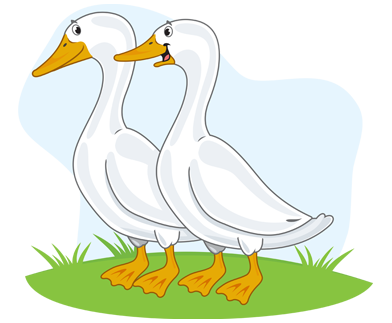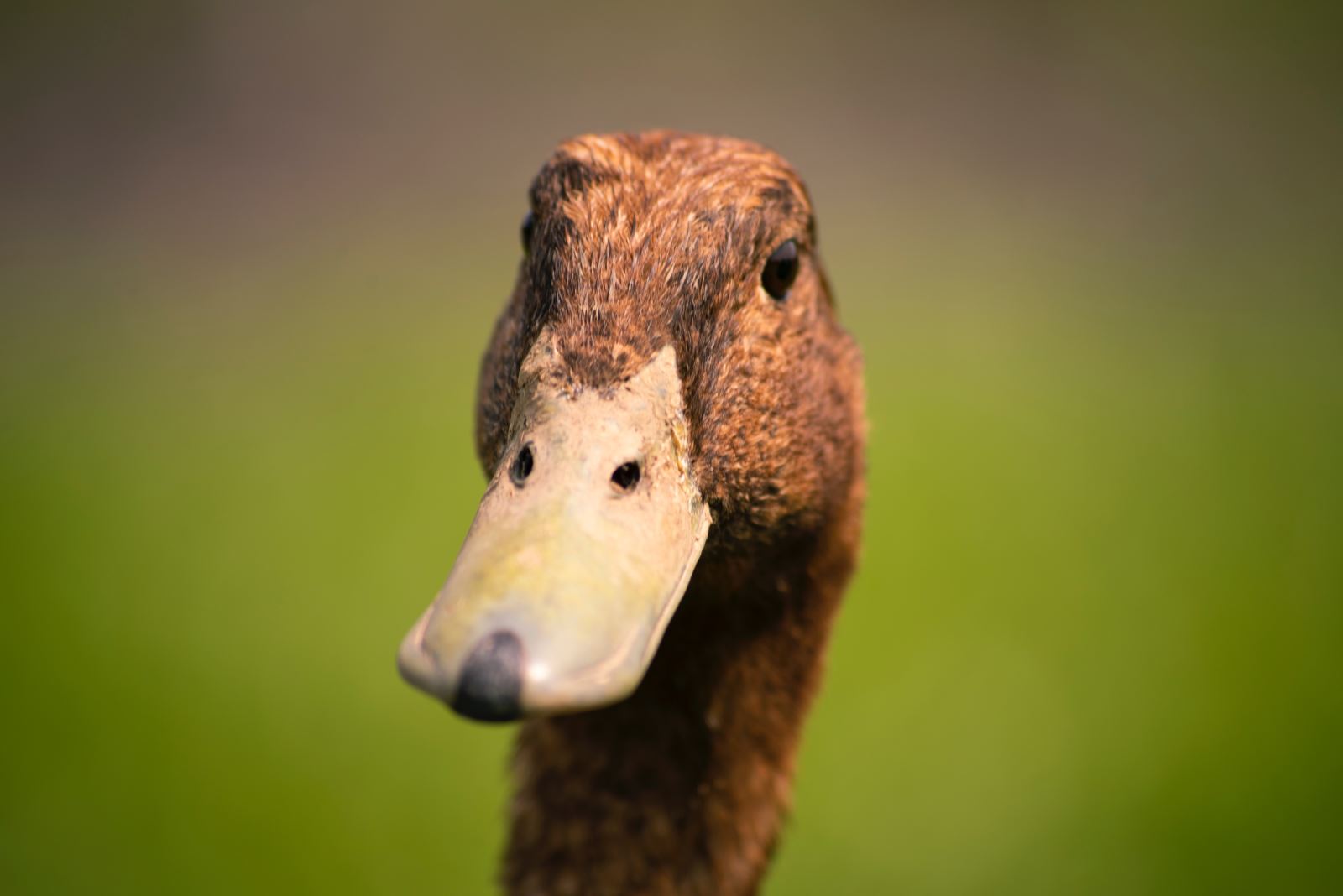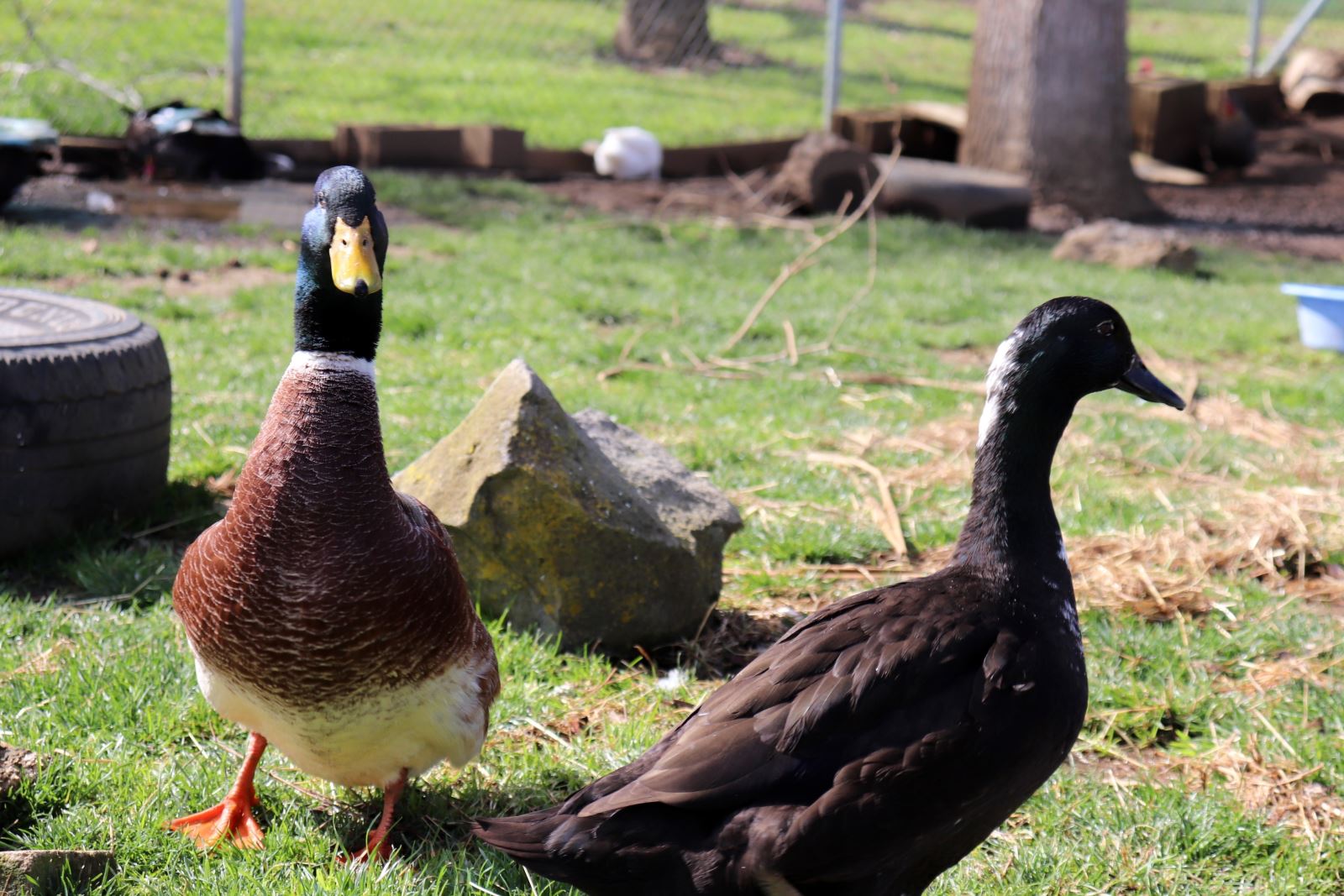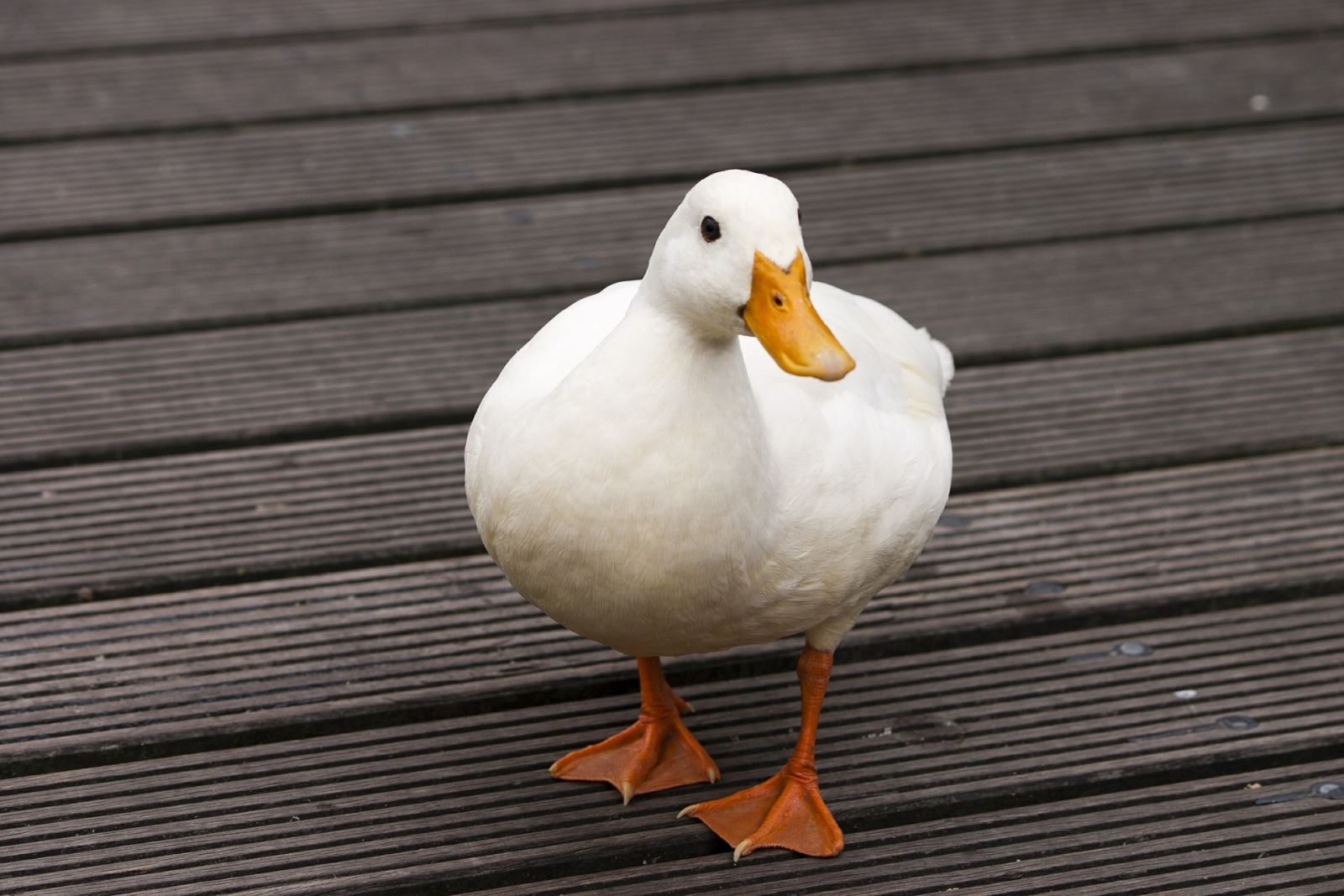Mental Wellbeing
All ducks deserve to be happy. Loving your ducks and learning to understand their needs will help you identify the things you must do to give them positive experiences and prevent them from feeling worried, upset, frightened and stressed.

Did you know that there is a special law protecting animals?
This law is called the Animal Welfare Act. The Animal Welfare Act outlines how people must take care of and act towards animals in New Zealand. The Ministry for Primary Industries (MPI), the Police and SPCA work together to make sure people in New Zealand follow these laws.
Under the Animal Welfare Act, all animal guardians (owners) are responsible for making sure the welfare needs of animals in their care are met. Learning about the Five Domains helps us to understand these welfare needs and how we can make sure we provide these. One of the Five Domains is Mental Wellbeing. In this section you will learn about this domain and how you can make sure your ducks have positive experiences and are receiving the love, understanding and companionship they need for their mental wellbeing.






















.jpg)



.JPG)
.JPG)









